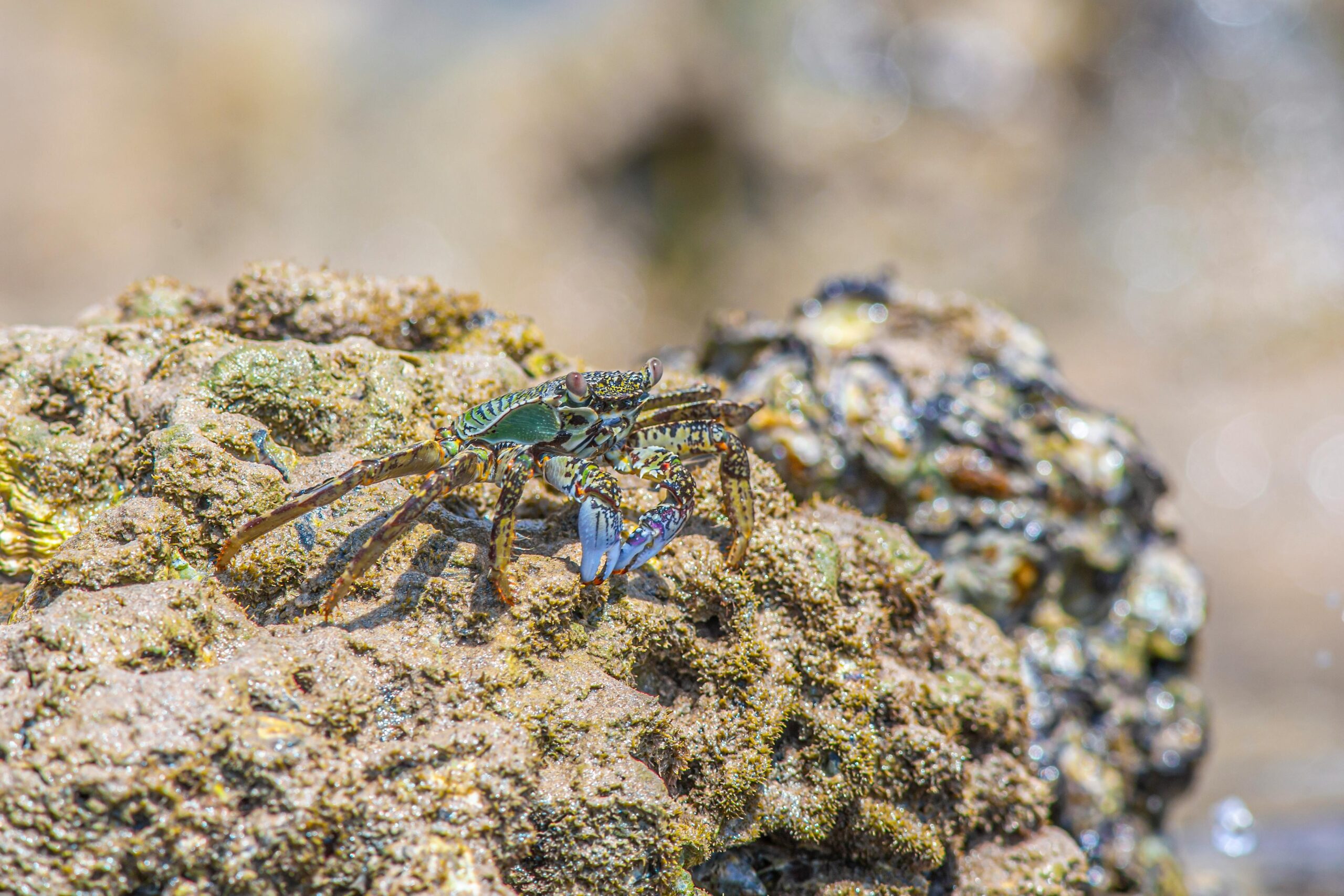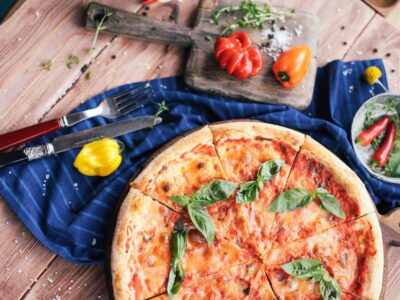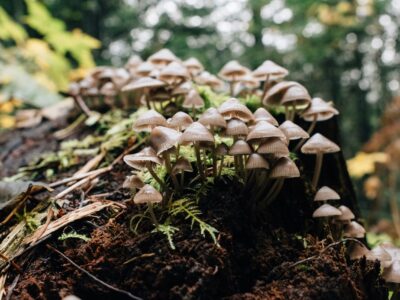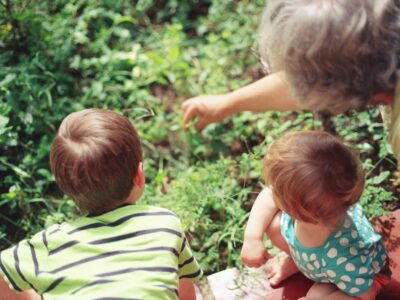Are not two sparrows sold for a penny? Yet not one of them will fall to the ground outside your Father’s care. And even the very hairs of your head are all numbered. So don’t be afraid; you are worth more than many sparrows. Matthew 10:29-31
Stonehurst, Nova Scotia
At the end of the road, sitting on just over an acre of land is a small fishing cabin. Fifty years old, having weathered storms of all kinds, from blizzards to hurricanes, it needs some repairs. But without a doubt, it is one of my favorite places on the planet.
The property itself is where my wife’s grandfather (Papa) was born and lived before moving to “town.” This is where he fished and gardened for food. It is where, as a twelve-year-old he rowed a boat out to a buoy to collect the rum that had been tied there. Rum that he delivered to someone else on the shore.
The house he lived in isn’t there. It’s just the cabin now. Built in the 70s it’s where my wife’s family spends summer days swimming, fishing, digging for mussels, enjoying the sunsets and each other. I’ve been blessed to be a part of those trips for the last 20 years. I’ve been there in every season. Braved the icy and unpaved road in the winter to see its snow and ice-covered beauty. Been overwhelmed by the lush greenery of the emerging spring growth. Beaten away the clouds of mosquitos and cooled off in the ever-chilly north-Atlantic waters in the summer. And caught migrating mackerel while watching the seals out in the open Atlantic in the cool and shortening days of fall.
And I’ve watched an interesting change in the ecosystem of Schooner Cove. When Papa was young, the cover held all kinds of fish and wildlife. They would spear eels, trap lobster and red crabs, fish for “flatties,” find sea cucumbers and experience all manner of abundant wildlife.
When I first visited the cabin, I was amazed at the number of crabs hiding in the weeds. There seemed to be hundreds that would come out and feast on the bit of mackerel that we threw in. I quickly earned that these were green crabs, an invasive species not native to these waters. They caught a ride on a cargo ship and quickly established themselves, probably a long time ago, but really invaded Nova Scotia in the 1950s and then a second major invasion in the 1980s and 1990s.
This one species was responsible for a dramatic shift in the environment of the cove. In order to find food, green crabs cut the weeds that their food lives in. But these same weeds were the cover that many species depended on for food and shelter. When the crabs came, they took away the weeds, with no weeds, the rest of the animals in the cove left too. The point was reinforced when my father-in-law bought a family smelt license.
We went out to set a net in a place that had produced smelt in the past (before licenses were necessary). Leaving it overnight, we returned the next day to pull it and see what we had caught . . . three small fish (none of them smelt) and over 200 green crabs.
The green crab infestation has been dubbed, “the world’s worst alien invasive species.” Everything from bounties to experimental cuisine has been tried to combat or make use of the prolific crustacean.
In our small cove, the crabs are still there, but in recent years, I’ve seen large schools of minnows, and predator fish chasing them. Something I had never seen in the previous decade. More weeds seem to be growing again, the bottom is not just silt and muck. Nature seems to be balancing herself, it just took some time. Things are not as wild and plentiful as Papa’s stories, but they are different than my first trip to the cove in April of 2003.
It reminds me that God is always paying attention to his very good creation. When Jesus was reassuring people of the care of their father in heaven, he said that even the insignificant and numerous sparrows were under the watchful of their creator. We matter to God. The sparrows matter. The minnows, the mollusks, the red crabs, and yes, even the green crabs, matter to our creator.
There may be times when by our hubris or our ignorance we tamper with things that are too lofty for us (the balance that nature delights in), but God is still watching. That doesn’t absolve us of responsibility to humbly care for the home God has entrusted to us, but it does remind us that we are all creatures of the same loving and providing God.
We may lament the passing of the red crabs or the falling of the sparrow, but we are never outside his care.





 Copyright
2024
Root and Vine
Copyright
2024
Root and Vine